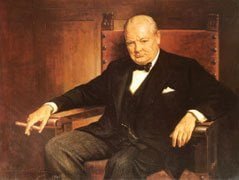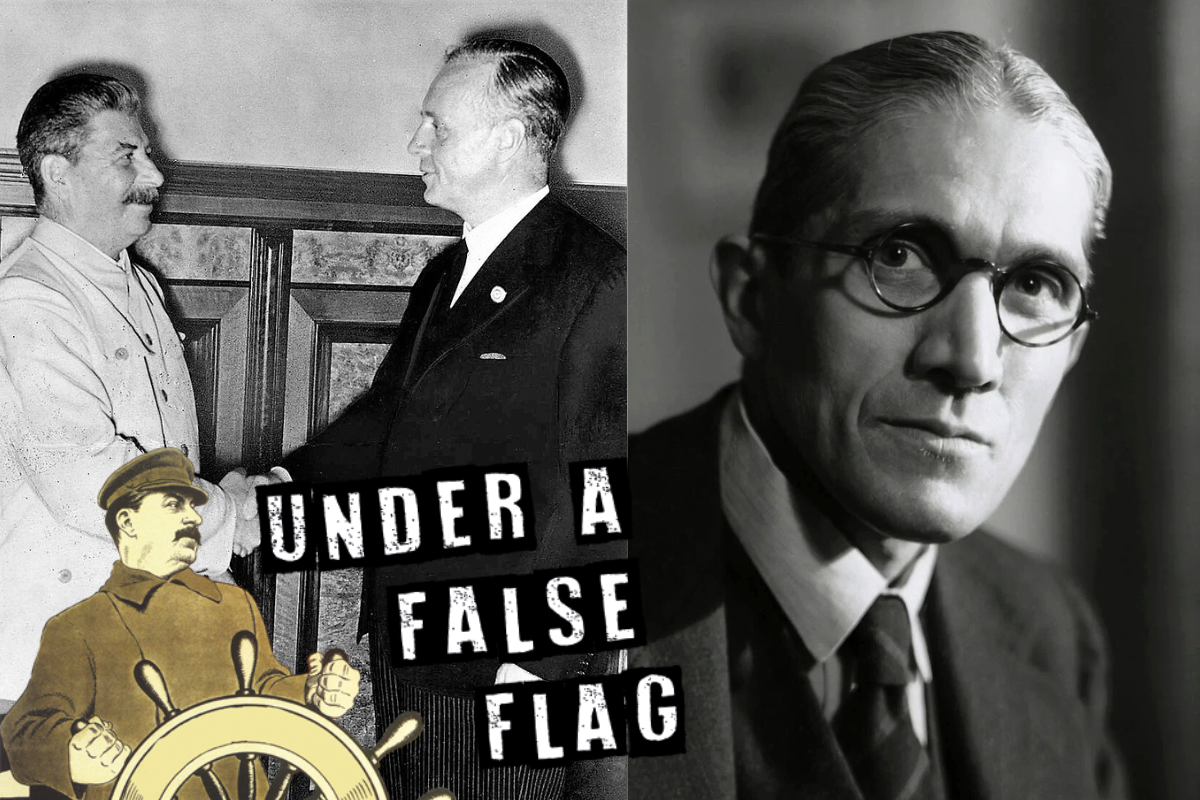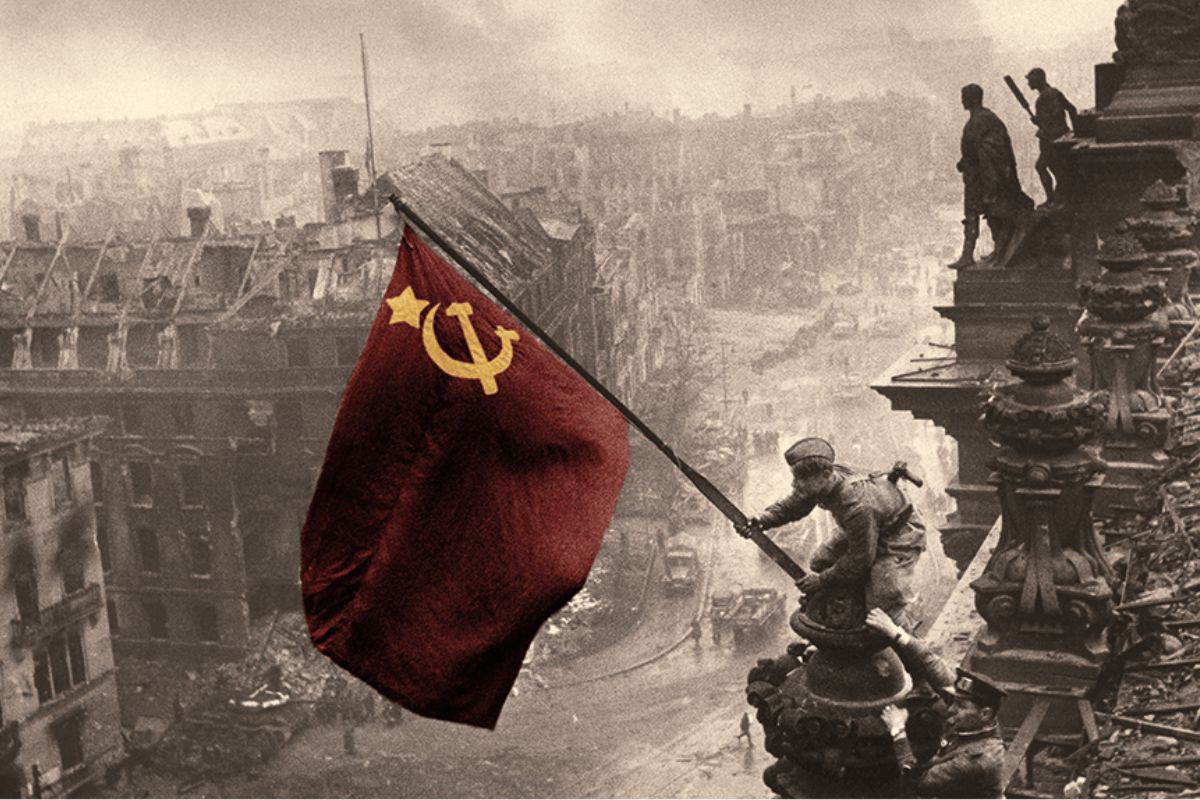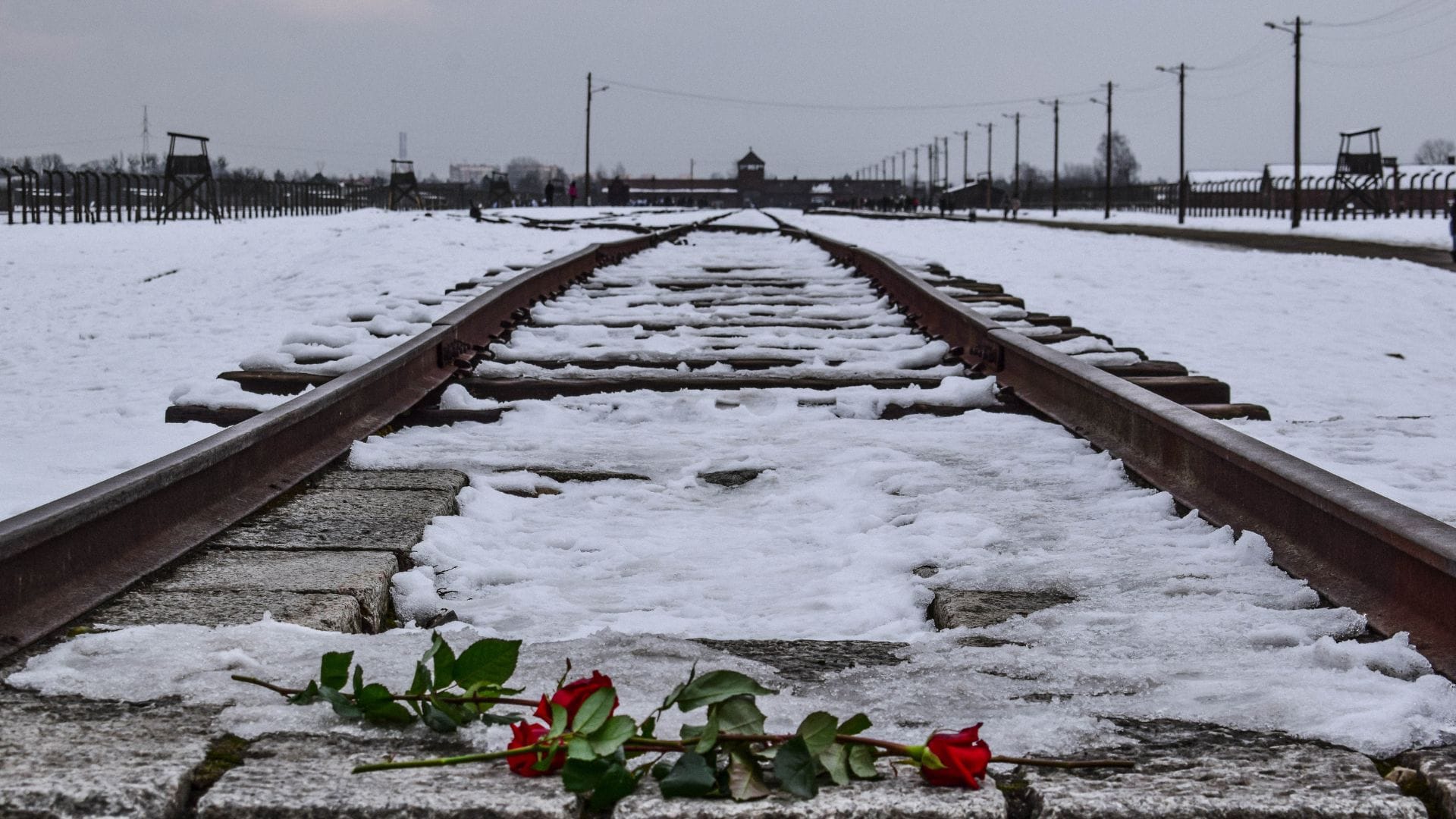years
In 1922 Churchill lost his seat in Dundee, probably because of his attitude to
Russia. Then in 1924, with the Liberal Party sinking, he jumped ship once more
and rejoined the Conservatives: self interest and high office always took
precedence over political principles. Baldwin made him chancellor, a position
he held until the 1929 General Election
Not even his admirers claim that he was any good as a chancellor. His long
tenure in that position was marked mainly by his energetic battling against the
general strike (which his economic policies helped to trigger off) in 1926.
When the print workers refused to work he took over the printing presses of the
Morning Post, commandeered stocks of paper from the Times and,
with the help of naval personnel and students from London University, produced
the anti-strike paper the British Gazette. For good measure he brought
in the Irish Guards to protect those involved in the Gazette’s
production. In 1931, his imperialist instincts enraged by widespread support
for government policy towards Indian nationalists, he resigned from the shadow
cabinet. In the years that followed he spent much of his time writing (when he
was not making childish, insulting remarks about Ghandi). He had once tried his
hand at fiction, but his first and only attempt at a novel was so bad that even
he was embarrassed by it. His historical works tended to find fault with others
while obscuring his own mistakes and shortcomings. One notable politician said
of The Wilderness Years: ‘Winston’s brilliant autobiography disguised as a
history of the universe.’ If one wants to get an accurate picture of
history one should read more objective historians.
A voice in the wilderness?
‘Those who have met Herr Hitler face to face in public business or on
social terms have found a highly competent, cool, well-informed functionary
with an agreeable manner, a disarming smile, and few have been unaffected by a
subtle personal magnetism. Churchill
Legend has it that throughout the thirties Churchill was a lone voice
desperately trying to convince uncomprehending British politicians and the
public against the evils of fascism and the menace of a Germany
re-armed; he was the only one with the prescience to foresee the dangers. What
nonsense! Any blithering idiot would be well aware of the danger of a revived,
re-armed Germany, still seething from the injustices inflicted upon it by the
Versailles Treaty, flexing its military muscles and re-asserting itself in
Western Europe as a force to be reckoned with.
Nor is true that Churchill was more vociferous than others in calling for
Britain to strengthen its air and military forces, in fact Neville Chamberlain
had been advocating rearmament for much longer, at a time when Churchill was
calling for cuts in defence. Churchill and most of the leading politicians were
not really anti-fascist (the opening quotation comes from one of his books,
published 1937). In fact he, like the rest of the British establishment, welcomed
Nazi Germany as a buffer between Soviet Russia and Western Europe. With such
conflicting ideologies it seemed much more likely that Germany and Russia would
end up fighting each other, in which case France and Britain could sit back and
enjoy the show.
But Hitler had other plans for expanding the Reich. In defiance of the
Versailles Treaty he had built up his armed forces and in March 1936 his army
marched into the Rhineland which was supposed to be a demilitarized zone as a
buffer between Germany and France; in 1937 his Kondor legion infamously bombed
Guernica; in 1938 Germany occupied Austria without meeting any resistance; In
1938, on the pretext that its three and a half million Germans were being
persecuted, Hitler annexed the part of Czechoslovakia known as the Sudetenland
(Poland also helped itself to part of Czech territory) with the acquiescence of
Britain, France and Italy.
It was not the fate of small defenceless democratic countries that worried
Britain: it was the imbalance of power in Western Europe. It was all very well
having fascist Germany as a bulwark against soviet expansionism but it was
quite another thing for Germany to get too powerful and become a threat to
Britain’s position in Europe and to her colonies. So Chamberlain went off to
Munich and returned with his ‘Peace in our time’ scrap of paper. There really
wasn’t anything else he could do as Britain was not prepared for war at that
time and the British public was not interested in going to war for the sake of
a country they knew so little about. Encouraged by his easy successes Hitler
decided to occupy the rest of Czechoslovakia as well. This was too much.
Britain and France guaranteed the territorial integrity of Greece, Poland,
Turkey and Romania, hoping that this would put a brake on Hitler’s expansionist
policies. Adolph was not impressed.
1939: in the early hours of September 1st the people of Poland awoke
to the noise of the Luftwaffe in their skies and the march of German infantry
boots in their streets – the Nazi invasion of Poland had begun! Chamberlain
immediately formed a War Cabinet which included Winston Churchill as First Lord
of the Admiralty. Both France and Britain issued Hitler an ultimatum to
withdraw from Poland. The ultimatum was ignored and on September 3rd
war was declared on Germany. Those in command in the navy at that time were
well aware that it was madness to go hunting for U-boats in the open sea; the
best way to defeat them was to combat them when they tried to attack escorted
convoys. But Churchill was having none of it. He insisted that the navy must
aggressively take the war to the enemy. As a consequence of his idiocy HMS Courageous
was sent out into the open sea to hunt submarines and on September 17th
it was sunk by a German U-boat. Germany can thank Winston Churchill for its
first major U-boat success of WWII.
It is widely believed that Chamberlain and other appeasers were responsible for
Britain’s unreadiness for war in 1939, and that Churchill was the ‘voice in the
wilderness’, the only one who constantly advocated the building up and
modernising of the armed forces, the only one who foresaw the threat of Nazi
Germany. This is a myth propagated by Churchill and his cronies, a lie that
should be corrected if historical truth is to mean anything at all. Chamberlain
was one of the first to call for rearmament and would have fought the 1935
General Election with a policy of improving Britain’s defences but was stopped
from doing so by Baldwin. Churchill’s record is somewhat different: in 1920 he
campaigned for battleships when those who knew better wanted to switch to
aircraft-carriers; in 1925 he opposed reinforcement of Singapore, claiming that
the Japanese could never take Singapore by surprise; in 1928 he recommended
extension of the 10-year rule (no need to spend extra money on armed forces for
at least 10 more years); fought to reduce the naval estimates in 1928 and the
army estimates in 1929. As Gordon Corrigan put it in his iconoclastic and well researched
book Blood, Sweat and Arrogance: ‘It was only when he was out of office, and
increasingly unlikely to regain it, that Churchill underwent a conversion that
makes the Black Death look like a minor outbreak of the sniffles, and began to
bang the drum of opposing dictators and building up Britain’s military
strength. He was right, but he must also take the blame for contributing to
that weakness in the first place.
But the tragic loss of HMS Courageous was by no means the only disaster
incurred by Churchill’s arrogant and incompetent interference during his time
as First Lord of the Admiralty. It was expected that Germany would soon try to
occupy Norway and a plan was drawn up involving both the Royal Navy and troops
to prevent this happening. But in April 1940, when Germany did invade,
attacking at various key points along the entire Norwegian coast, our modern
day Nelson again knew better than his admirals. Troops were disembarked and
warships were sent in all directions but the right one; Admiral Sir Charles
Forbes, in command of the Home Fleet, had his orders cancelled by Churchill and
the result was that Germany occupied Norway with relatively little loss.
Had anyone else but Churchill shown such incompetence,
even downright stupidity, he would have been sacked. But the farce continued.
It was decided that Narvik, in the northernmost region of Norway, must be
taken. Churchill wanted part of the Narvik force to be diverted to Namos, about
230 miles south, with a view to taking Trondheim. General Ironside, the CIGS,
refused, stating that there were not enough troops for the Narvik expedition as
it was. Three days later Ironside was awakened by Churchill at 2am, while the
Narvik force was at sea, and told that the navy was to attack Trondheim and 146
Brigade was to be landed at Namos and Andalsnes to form a pincer attack from
north and south.
To divert 146 Brigade in this manner meant it would land without its commander
(who was in one of the other ships), with no anti-aircraft guns and without
much of its equipment. Ironside explained this to Churchill, but Churchill
lied, saying he had the full agreement of the War Cabinet’s Military
Co-ordination Committee. The resulting landing at Namos was a fiasco,
with the army and navy commanders receiving conflicting orders and Churchill
changing commanders, making impossible demands and directing action from
hundreds of miles away for a scenario about which he knew nothing. At last
common sense prevailed and it was decided that the original plan, to occupy
Narvik, should be focussed on and Churchill’s ‘military masterstroke’ of also
attacking central Norway should be abandoned.
The navy managed to evacuate most of the troops of 146
brigade against Churchill’s wishes: he wanted the troops to disperse into the
mountains and conduct a campaign of guerrilla warfare. Inexperienced and
ill-equipped Territorials were to go off into the mountains at a time when the
temperature was 40 degrees below, with no training for such terrain and no means
of being fed or supplied!? This was folly on an insane scale, even for a
commander as hare-brained as Churchill; it betrays not only his stupidity but
also his contemptuous disregard for the lives of his soldiers.
Meanwhile the Scandinavian campaign had caught the attention of the House of
Commons. Admiral Sir Roger Keyes, speaking with authority, made an
impassioned speech in which he blamed everyone except the guilty
man himself for the debacle. In the angry debate that followed blame was diverted
from Churchill and pointed at Chamberlain. In one of history’s great ironies it
was Chamberlain who was forced to resign and Churchill succeeded him as Prime
Minister. In the words of military historian Gordon Corrigan: ‘So a debate
on the mismanagement of the Norwegian campaign brought to power the man who had
been mostly responsible for that mismanagement.’ Narvik was eventually
captured by the French, Norwegians and Poles on May 28th, then
abandoned in early June. Thus was concluded another inglorious chapter in the
career of our great military and naval strategist.
It must be pointed out here that the generals and admirals who allowed
Churchill to overrule them and impose his own strategy and tactics on the
conduct of the war were as much to blame as him for the fiasco just related,
and the others that followed during WWII. They should have given him the
ultimatum en masse of keeping his interfering nose out of their operations or
facing their collective resignation. Churchill would have been forced to back
down; but instead they put their careers before the lives of the men under
their command.






